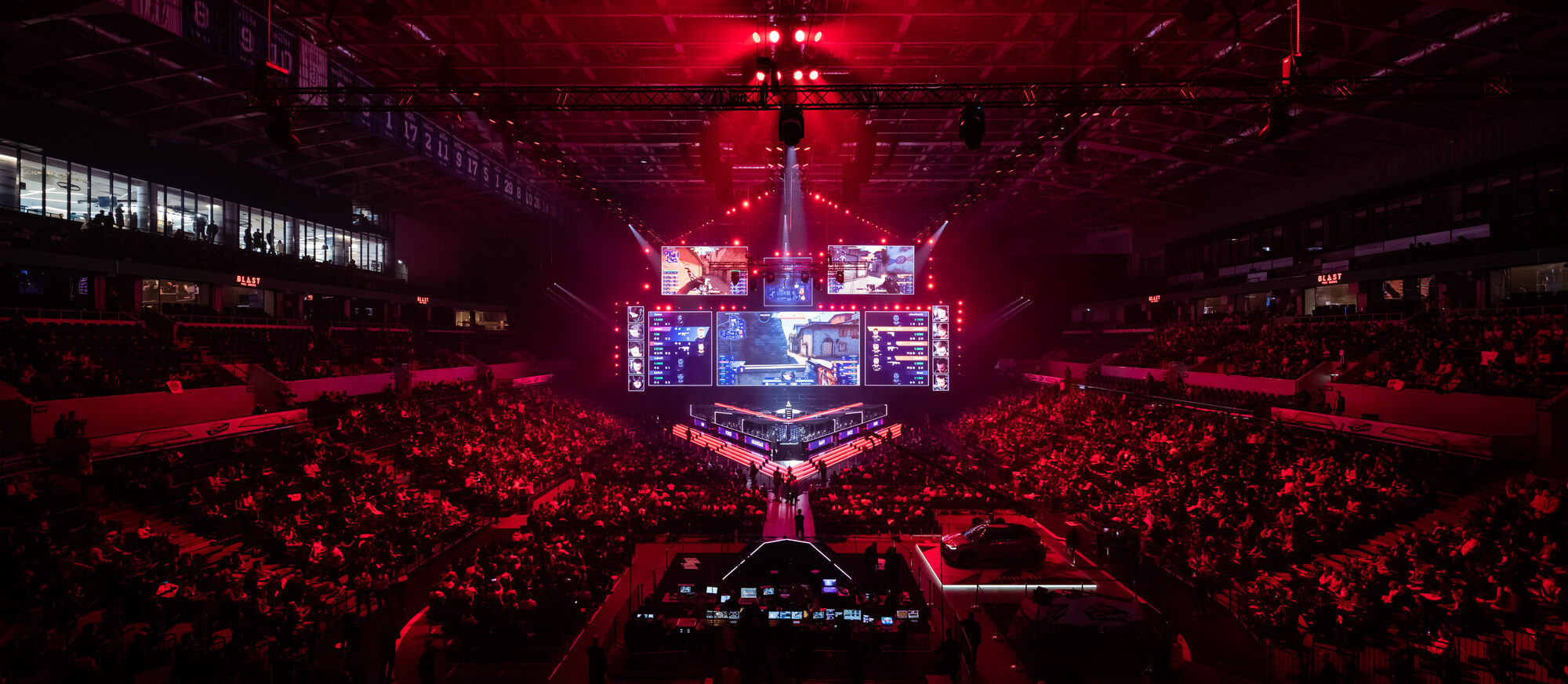Predicting E-Sports: Betting on Success in Streaming and Awards

E-sports have exploded in popularity over the past decade, with competitive video gaming becoming a multi-billion dollar industry. Like traditional sports, fans love to predict and bet on the outcomes of major e-sports tournaments and events. Accurately predicting winners in e-sports can be quite lucrative but also requires an in-depth understanding of the games, teams, and players.
Researching Teams and Players for Informed Betting
Making informed bets on e-sports requires comprehensive research into team dynamics and individual player skills. Watching recent matches to gauge team coordination and studying player stats like kills, deaths, assists etc. provides key insights. Going beyond just analyzing in-game metrics, understanding players’ personalities, mentalities, and any inner-team conflicts helps assess critical intangible factors that substantially impact performance.
Differences between online and live tournament play must also be closely considered. Some players and teams thrive in the remote competition of online events but crumble under the pressure and scrutiny of a live in-person audience. Betting lines tend to fluctuate much more drastically ahead of major offline events as bookmakers struggle to accurately quantify these intangible factors.
Top players also often stream their online practice matches, providing further information for bettors. Observing practice games allows bettors to spot new strategies teams may be implementing and see how well players are executing them. Any disputes between teammates during streamed practice sessions also give insights into the team’s chemistry.
Predicting Success in Major Tournaments
Prestigious e-sports tournaments like The International, League of Legends Worlds, and the Call of Duty League Championships represent the pinnacle of competition in each game and inevitably attract the most betting interest. The crowded fields make outright winner bets on these tournaments quite risky. Instead, targeting prop bets on which teams will advance from group stages or placing each-way bets on a team reaching the finals offer much better risk-reward.
Recent head-to-head results between competitors provide critical clues on matchup dynamics. A team that has dominated their direct matchups against opponents in their group historically has a clear advantage going into the tournament. However, single upset losses in group stage play does not necessarily doom a team’s championship odds if they have time to adjust strategies and regain momentum in later rounds.
Streaming Numbers as Leading Indicators
Top e-sports competitors now frequently earn millions from streaming full-time. Their success depends heavily on producing engaging content and maintaining consistently high viewer counts. As a result, sudden declines or surges in a player’s streaming numbers can indicate their current mindset and overall form.
A player experiencing a notable boost in streaming popularity likely feels confident and comfortable with the current meta-game heading into upcoming tournaments. On the other hand, consistently falling subscriber counts or views could signal waning motivation, morale issues, or decreased individual mechanical skill and ability. Tracking these streaming trends provides key data for gauging a player’s expected performance at a given event.
Awards Predict Player and Game Trajectories
Major end-of-year awards like “Player of the Year” or “Game of the Year” act as leading indicators that strongly shape betting markets. Individual players who take home awards inevitably attract more fan fervor and public betting support, boosting their teams’ championship odds moving forward. Meanwhile, the awarded games gain increased developer support and tend to feature much more prominently in major tournament circuits.
For example, VALORANT sweeping the 2024 Esports Awards in several categories signaled bookmakers to shorten VALORANT betting odds across the board while lengthening odds for its competitor Counter-Strike: Global Offensive. These awards shine a bright spotlight on rising star players and games poised to dominate the competition in the upcoming year. Factoring heavily awarded players and titles into predictive models improves accuracy.
Simulations Estimate Tournament Success
Many e-sports analytics companies are now using advanced simulations to better estimate team performance. After inputting individual player and team stats, these systems run thousands of simulations of actual tournaments to predict outcomes. The simulations incorporate variables like reaction times, accuracy percentages, and teamwork to realistically model different match scenarios.
Combining historical stats, practice observations, and situational factors into the simulations produces highly refined predictions. The most sophisticated models can identify optimal betting opportunities that balance risk and reward based on the simulated probabilities. These analytics engines continue to improve yearly alongside machine learning advancements.
Long-Term vs Short-Term Considerations
Predicting any single tournament requires focusing analysis on recent results, performance variables, and current form. But accurately forecasting outcomes over an entire season or year requires modeling long-term trajectories as well. Factors like patch change adaptation, evolving metas, and roster moves must be anticipated and incorporated into year-long predictions.
Effective long-term betting also puts more weight on players’ innate talent, leadership abilities, and career accomplishments rather than temporary slumps in form. Meanwhile, organizational stability and coaching quality become more predictive when projecting beyond individual tournaments. Consider both short and long-term dynamics for a balanced betting approach.
By combining deep analysis of in-game metrics, intangible factors, streaming numbers, award wins, simulations, and long-term considerations, e-sports bettors can make highly informed predictions. Balancing this holistic research with measured risk-taking gives a winning formula for profiting off the exponential growth of competitive gaming.




